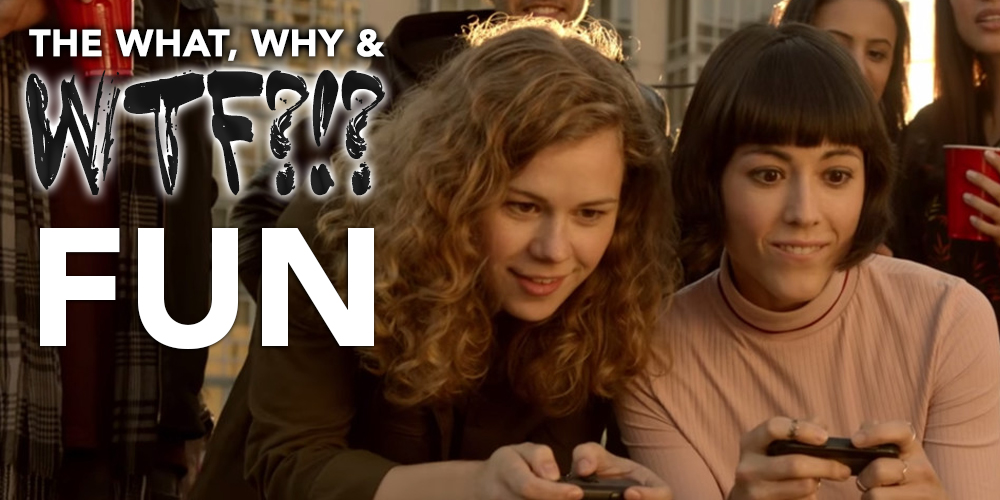
Back in 2016, I was sitting in a bar with a bud and a Budweiser discussing what the hell ‘fun’ is. Shock horror, we didn’t come to a conclusive answer. Our burgers were decent enough to counteract the taste of not reaching a conclusion, but the lingering musk of ignorance kept me dissatisfied. We flung around ideas like novelty, controls and art, but none of it got to the core of what made something fun. Sure, the elements were there, but the core ignorance remained the same. Now, I want answers, for real.
Fun is one of those terms that captures so much in three letters. The sense of nailing a headshot on a dude three hundred metres away, pulling off the perfect drift in Gran Turismo or just solving a puzzle to get to the next level. These are strange feelings to think about in any rational sense, and we only seem to have pinned down elements within games that lead us to these feelings. The problem is that fun, the exact thing that it is, still perplexes us in its abstract nature. What is fun? Stupid question, the answer’s on Wikipedia.
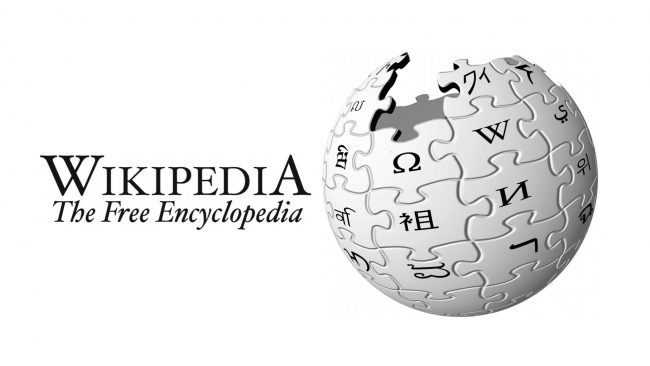
Duh.
Fun is Fun!
It’s not hard to identify fun activities, and thanks to the internet, it’s no trickier to pin down what fun is. According to Wikipedia (the one and only source of truth in this slowly dying universe of falsities and whimsy), fun is “the enjoyment of pleasure, particularly in leisure activities”. The key phrase there is ‘enjoyment of pleasure’, not just because it’s my nickname on Friday nights, but also because it gives us a foundation to explore why things are fun. Games sit upon the leisure throne, so it’s no surprise that they’re fun, but that’s hardly the be all and end all of a game.
There are plenty of games out there that aren’t leisure activities but are enjoyable to play. Games like Factorio, Crusader Kings, Hearts of Iron, Civ and even Fallout have long, uninterrupted intervals of tedium and monotony, but they are also incredibly satisfying to engage in. You might not get the same ‘fun’ hit as you would from Titanfall, but fun can speak to a number of qualities players find in the games they consume. Whether the game rewards sticking with it or hands you rewards from the get go, what ‘fun’ is can take many forms for many people. Fun is distinct in its ubiquity, covering all the necessary bases when and where it’s called upon on forums and Youtube comments. The usage of the term doesn’t help us diagnose what exactly makes something fun in the first place, though.
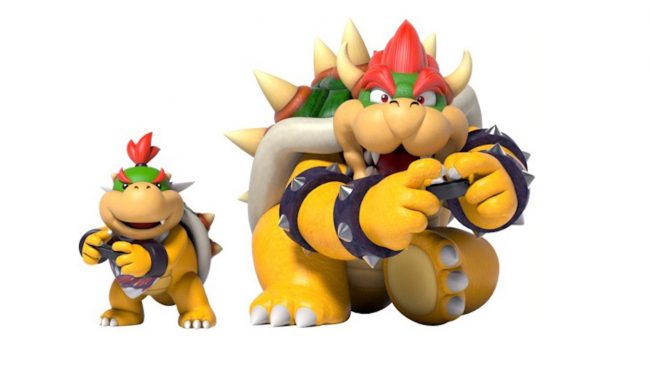
Why are they smiling? What are they planning…?
There is a rule of thumb in mathematics regarding how one should prove theorems. While exhaustive proofs that simply show that something is true for every possible case gets the job done, it doesn’t explain why something is the case. For example, showing you every possible start-scenario on a Rubik’s Cube and the process to the solution proves you only need 20 turns maximum to reach the end but doesn’t tell you why. Likewise, simply telling you that some games are fun while others are not doesn’t show us the underlying processes. It’s easy to say, “Yes, these games are fun, and thus, we have an understanding of what fun is,” but that doesn’t tell us WHY they’re fun. What elements are involved in ‘fun’, why is their presence conducive to making ‘fun’ happen, and why the hell did I need to bring up Cayley graphs? While the experience may be subjective, there are common elements that we can identify.
Fun is Fresh!
A cheap and dirty trick in the funnening lexicon is novelty. If you see the same thing over and over and over and over and over and over and ohai and over and over and over and over and over again, it’ll start wearing a bit thin. Add a little something-something in there for spice, though, you’ve got a hell of a stew ah cookin’. New weapons, new enemies, new mechanics, new everything helps a game from getting as stale as a toenail-coloured peach. Mind you, new stuff is often introduced as a reward, and timing that reward’s implementation plays a huge role.
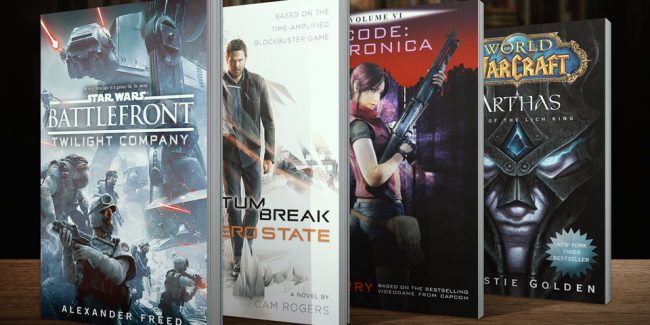
NOVELty. Ha. Aaahhh… Man, I bad at googling images.
When we’re talking fun, we’re talking timing. The key to any good joke is the timing, and games are all about when to supply that next reward to keep the player having fun. Bombard the player with too many rewards and there’s no sense of accomplishment, but deprive them of rewards and you risk the player questioning why they’re bothering. When the balance between rewarding behaviour and downtime is achieved, though, you can get the player into a state of flow, and then POW! Fun delivered. There’s just one thing I’m leaving out of this reward system, though, and that’s the nature of the feedback the player receives.
Whether it be auditory, visual or something more uncomfortable, feedback is at the core of enjoying a game. The crisp sound of a gunshot, the particle effects flying out of an exploding barrel, anything that lets you know anything in a game is feedback. Although, if everything you do feels weak or as if it’s having no effect, where’s the fun in that? Games offer a sense of escapism, empowerment, some myriad of pleasurable virtual circumstances and sensations, and you don’t want them to feel or look unimpressive. Depending on how one person’s brain is wired up, they’ll prefer a particular kind of feedback over others, which (I think) is the biggest reason why fun is so difficult to pin down. Everyone perceives and interprets it differently, and at what point the balance between things happening reaches a steady ‘fun’ state varies from person to person. While these elements seem to be conducive to making ‘fun’ happen, none of this nuts out WHY something is fun in the first place, but I’m no quitter… I will have my answers…
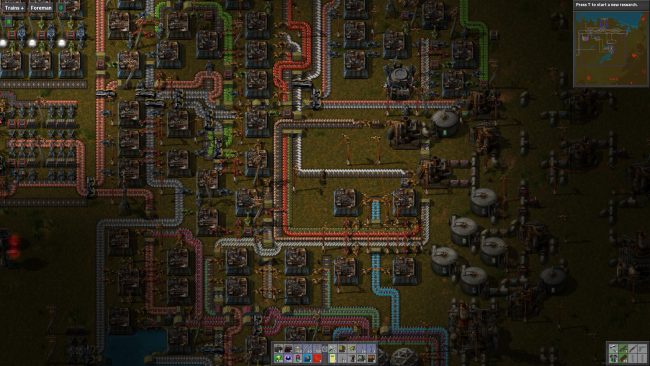
WHY IS FACTORIO SO FUN!? I NEED ANSWERS BECAUSE I AM BAD WITH LETTING THINGS GO!
Fun is Chunky!
We can examine parts of games all we want, but fun happens in your head, not the screen. Games aren’t fun, you have fun engaging with the game, and that is an important point to keep in mind. The elements described above induce a state of pleasurable enjoyment, but what are the underlying mechanisms translating flashy lights on a screen into a sense of enjoyment? Well, I reckon the core idea of fun boils down to one cognitive process: Chunking.
Yes, chunking, something that anyone who’s had a dreadful hangover will know all about. Chunking is the cognitive process where you break down parts of a system into chunks. Instead of applying rigorous analyses to Overwatch, you simplify things down into manageable components. Engineering isn’t fun because it’s incredibly complex and infuriating in its pedantry and rigour, filled with overwhelming details that detract from getting the job done. A game about engineering takes the intricacies of the discipline, boils them down to abstract principles, and then lets the player go from there. Chunking scenarios into manageable bits allow players to engage in the fun part of the problem through higher-order thinking.

Hearts of Iron is complex, but it’s all chunked into topics that can be managed more easily than actual wars
When you’re managing fewer details in your head, you can stop thinking like a filthy casual and start thinking like a winner. Instead of fixating on how you’re going to make your character walk, you can focus on things like prediction and appraisal. You know walking is the W-key, and that will be true regardless of whether you’re here or ten metres ahead, so you can keep your thoughts on how to get the enemy flag. This is where your imagination can run wild scheming up new plays to test out in the game, and you have the freedom to test them out because it is, after all, just a game.
Despite how important a game will feel to you in the moment, it’s still just a game, but that’s far from a bad thing. Games present obstacles, challenges, problems, puzzles, something that stands in your way. It’s hardly surprising if you fail, but if you try again and succeed, you’ll be gaining some pleasure out of the act of success. Why? Because you’ve reaffirmed a sense of self-efficacy in a context of higher-order thinking. Assuming the game has the right kind of feedback and reward structure, you’ll get an extrinsic affirmation too, which is going to feel pretty enjoyable, and you might even get a little pleasure out of it. Sounds like fun to me.
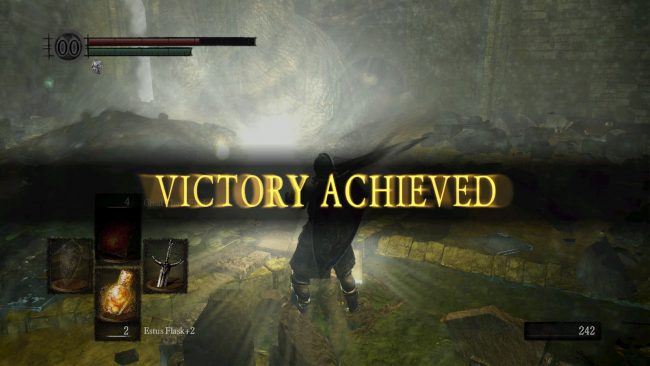
got gud. felt gud. i’m gud. yeeeea boi.
Final Thoughts
Finally, I can bury this idea once and for all. The label of fun, once so abstract and fluffy to me, is a bit more understood now. Well, novelty and feedback are still the best observable elements that I can pin down, and my theory probably has more holes in it than my Friday night outfit, but hey, it’s a start. Fun is still a nebulous term, but we can at least identify elements that give us some idea into what makes a game fun. Instead of thinking up why things are fun, though, I really should have just played some more games. And had fun. Huh. Yeah, I might just do that. The answers were on Wikipedia, anyway, so, to hell with it, it’s Hearts of Iron time!











